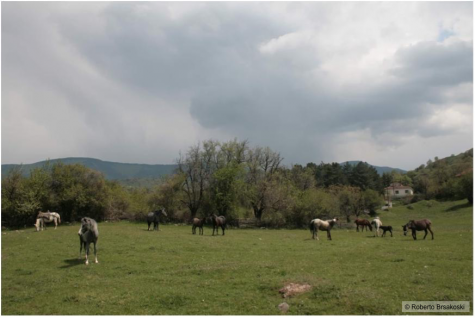
The third EPR of North Macedonia identified that Local Self-Governments (LSGs) and, principally, municipalities face difficulties with the implementation of their environment-related competencies. Local self-governance is one of the fundamental values recognized in the national Constitution. There are 80 municipalities divided into two types of units: 70 municipalities in the state and 10 which form the City of Skopje. In addition, the country has 8 non-administrative, statistical regions. Their competencies are determined by the Law on Local Self-Government and the Law on the City of Skopje for the relevant ones, but the Central authority can also delegate other competencies. In the context of the European accession, decentralization concerning environmental affairs is a necessary step toward meeting EU requirements.
The municipalities are under the obligation to implement the environmental legislation at a local level. While improvement in competences and professionalism have been observed, the LSGs are still lacking institutional capacity concerning environmental management. It is in part due to non-adequate fiscal capacities, with not enough revenue and expenditure allocated to the environmental matters. Cooperation with the central level but also horizontally, amongst the municipalities, is also not yet developed enough, despite the establishment of a Commission by the Government to spur it.
Under the guidance of UNECE, a policy paper was developed to guide capacity building of the LSGs in environmental affairs. The analysis identified the competencies of the different levels of authority, be they financial, administrative or regarding cooperation, the different areas where challenges remain, and additional measures that are necessary to improve the competencies. On basis of the findings, the study gave advice for the preparation of a methodology to be applied for the further process of decentralization for the period 2021–2026, as well as guidance on how to reach both EPR recommendations and their SDGs related targets. Finally, it incorporated an analysis of the challenge imposed by the COVID crisis regarding both local and local-central coordination, the delivery of services and the financial aspect. Good coordination and awareness at every level with regard to environmental affairs are key to achieve environmental protection and the well-being of the population while meeting the Sustainable Development Goals and developing resilience to crises such as the COVID-19.

